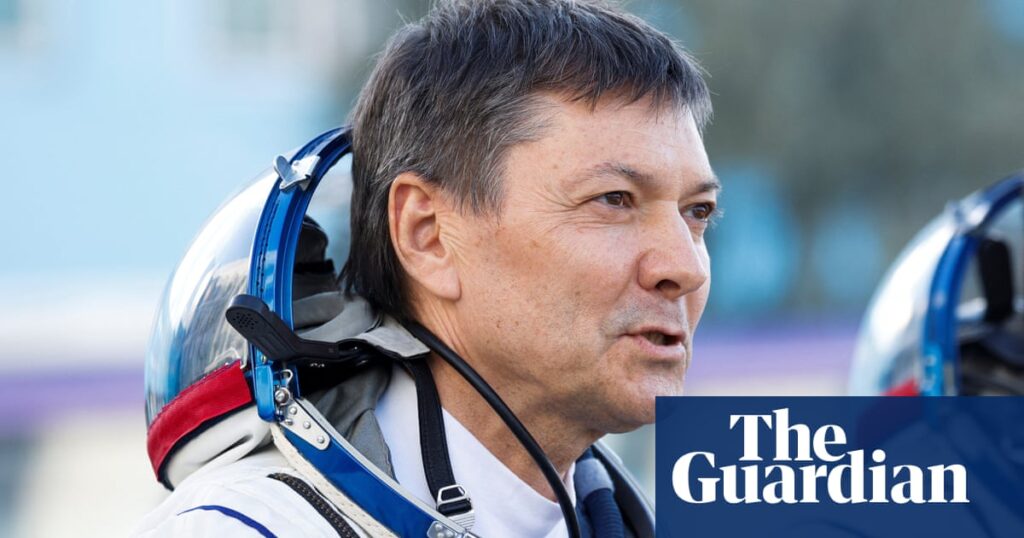A Russian cosmonaut set a world record on Sunday by spending more than 878 days in space, or almost two and a half years.
As of 8:30 a.m. Japan time, Oleg Kononenko broke the record set by his compatriot Gennady Padalka, according to Russian space company Roscosmos. Padalka logged 878 days, 11 hours, 29 minutes and 48 seconds in five spaceflights before being retired in 2017.
Kononenko, 59, broke the record while orbiting 263 miles (423 km) from Earth on his fifth spaceflight. “I fly into space not to set records, but to do what I love,” he told state news agency TASS in an interview from the International Space Station (ISS).
Kononenko, the Roscosmos commander, said: “I am proud of all my achievements, but I am most proud that the record for the total amount of time spent in space by humans is held by Russian cosmonauts.'' I think so,” he said.
His current spaceflight is scheduled to end in late September, by which time he will have been in space for 1,110 days.
He began his space career as an engineer and began training as an astronaut at age 34 after joining a group selected for the ISS program, according to the European Space Agency. His first space flight took place shortly thereafter in April 2008 and lasted 200 days.
Kononenko told Tass that he was able to stay in touch through video calls and messages, but it wasn't until he returned to Earth that he realized how much life he had missed.
“It wasn't until I got home that I realized that my children had been growing up without a father for hundreds of days without me,” he said. “No one will come back to me this time.”
He also said he trains regularly to counter the “involuntary” physical effects of weightlessness. “I don't feel deprived or isolated,” he said.
His five spaceflights spanned 16 years, during which time advances in technology made preparing for each flight more difficult, he said. “The astronaut profession is becoming more and more complex. The systems and experiments are becoming more complex. Again, the preparation has not become easier.”
The ISS is one of the few international projects on which the United States and Russia continue to cooperate closely since Russia's invasion of Ukraine. Roscosmos announced in December that its cross-flight program with NASA has been extended until 2025.
The reliability of Russia's space program, historically a source of pride for Russia, has been called into question in recent years. Analysts say the Russian portion of the ISS suffered its third coolant leak in less than a year in October, a beleaguered space sector struggling to rebuild after years of underfunding, failures and corruption scandals. suggests the situation expressed.
Reuters contributed to this report

